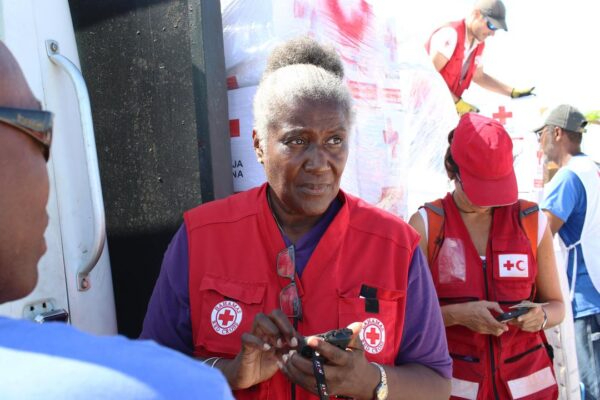SONATAnotes
Sonata Notes: Can Remote Teams Have Strong Cultures?

Culture is an intangible yet invaluable asset for any organization. When people feel a sense of shared identity with their coworkers and commitment to the organization’s mission, it improves day-to-day performance and long-term talent retention. But what happens to an organization’s culture when people work remotely, instead of side-by-side?
Maintaining culture is one of the most commonly cited concerns for executives worried about the impact of remote work on their organizations. Only 5% of executives in a PwC survey thought it was possible to maintain a strong culture in a 100% virtual environment. Tim Cook of Apple, a company that has made remote work permanent for three days per week, said “For all that we’ve been able to achieve while many of us have been separated, the truth is that there has been something essential missing from this past year: each other.”
Workers are less concerned. 54% of respondents to a Gallup poll felt their organization’s cultures won’t be adversely affected by long-term remote work, while 33% worried it might get worse.
So what’s the reality here? Are executives right to worry or do organizations simply need to be more imaginative about how culture can be sustained among a remote workforce?
While it is admittedly a challenge, our experience suggests that it is entirely possible to maintain a strong organizational culture remotely. Here are a few suggestions as to how:
The above are just a few suggestions. One last idea to consider is appointing a “Remote Work Champion” to advise leadership on virtual work policies and actively support culture-building activities. Even if it’s just a part time assignment, creating accountability for remote culture is a good way to get results.

Emil Heidkamp is the founder and senior learning strategist at Sonata Learning. He works with NGOs, corporations and government agencies to implement training and knowledge management initiatives impacting thousands of learners in over 50 countries.





